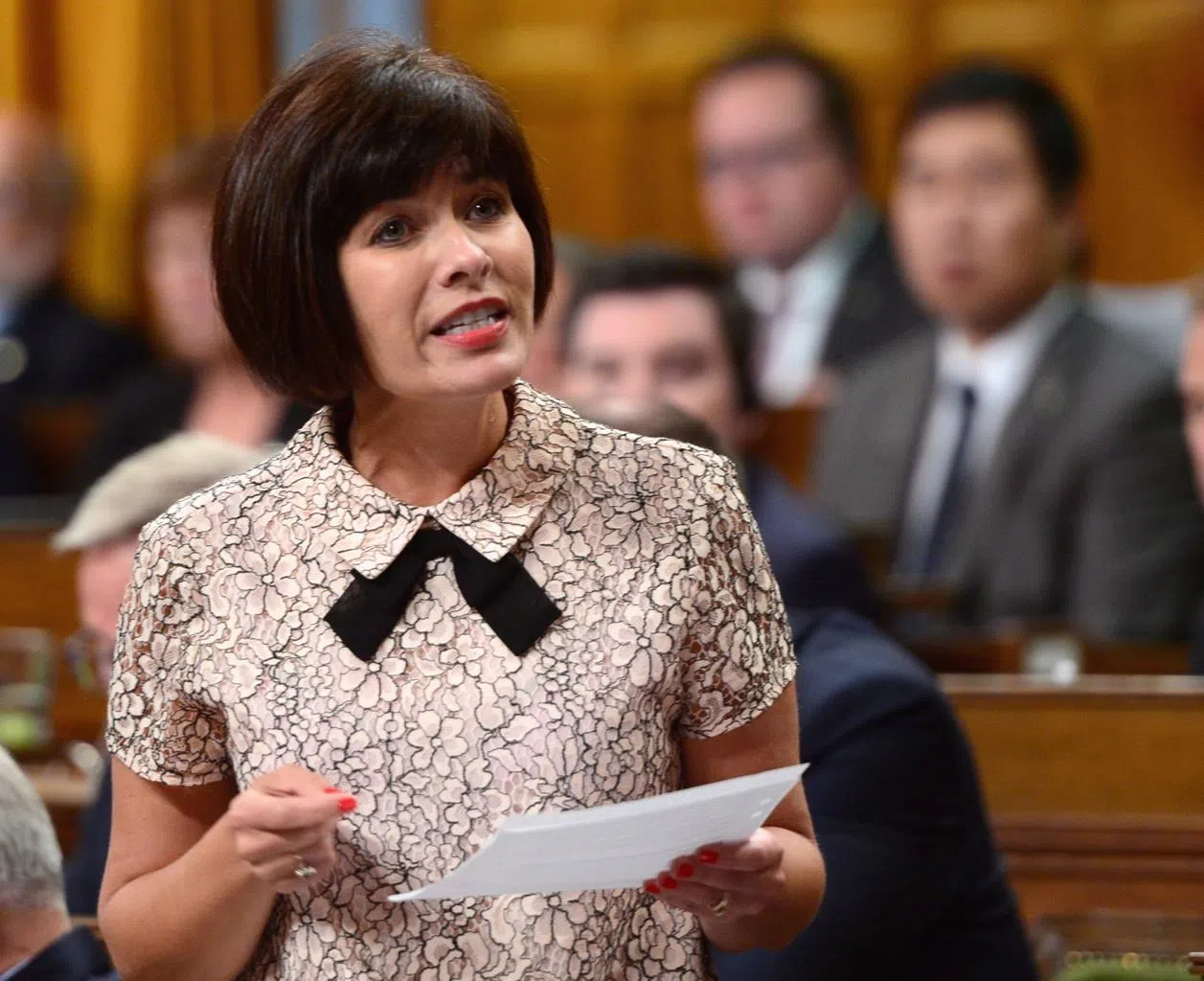
Feds say police cannabis testing ongoing, rules on edibles in place in one year
EDMONTON — Canada’s health minister says pilot projects have begun on roadside police testing for marijuana, and the plan is to have rules in place for edible cannabis around July 2019.
“Our priority right now is to ensure that we can legalize cannabis by July 2018,” Ginette Petitpas Taylor said Friday.
“There’s no specific date (for edibles to be available), but I would say if you look a year after the legalization, that is the window that we’re giving ourselves.”
Petitpas Taylor made the comments to reporters after briefing her provincial and territorial counterparts on Ottawa’s progress toward legalizing marijuana.
